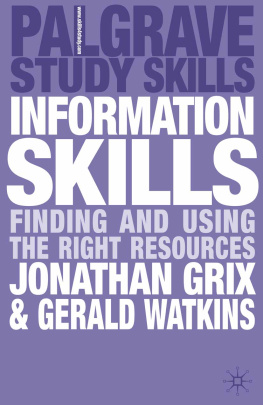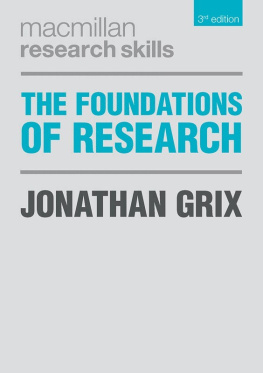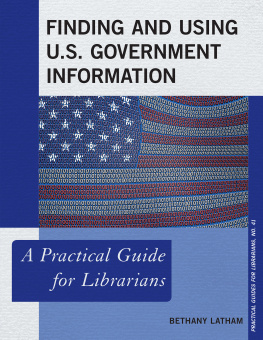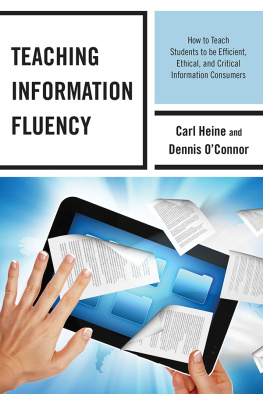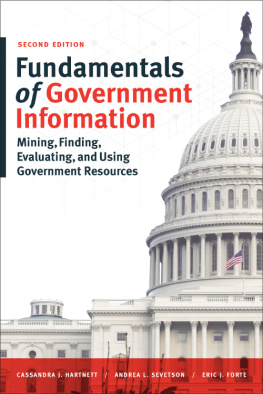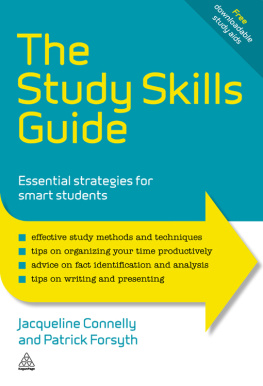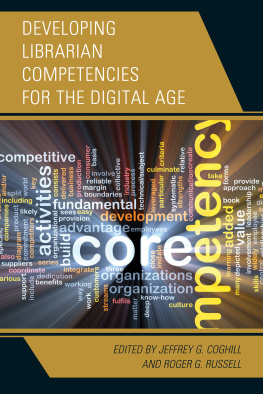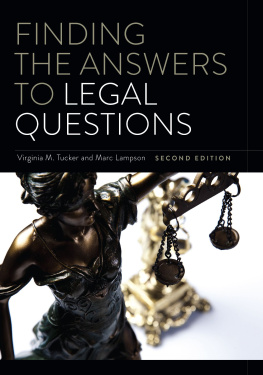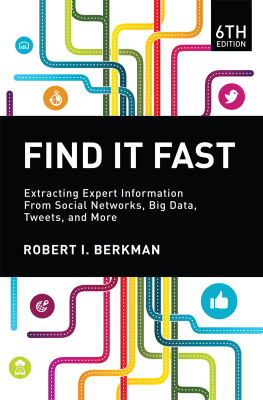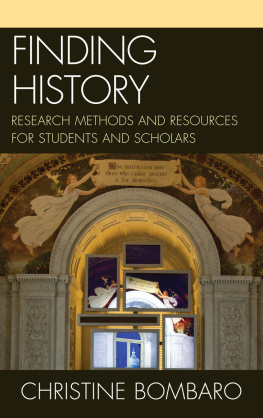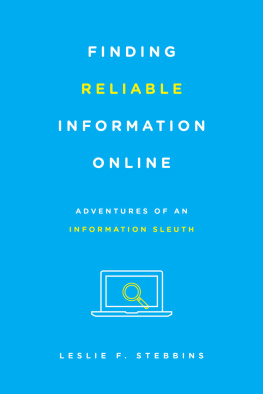Information Skills
www.skills4study.com the leading study skills website
Palgrave Study Skills
Authoring a PhD
Business Degree Success
Career Skills
Critical Thinking Skills
Cite them Right (8th edn)
e-Learning Skills (2nd edn)
Effective Communication for Arts and Humanities Students
Effective Communication for Science and Technology
The Exam Skills Handbook
The Foundations of Research (2nd edn)
The Good Supervisor
Great Ways to Learn Anatomy and Physiology
How to Manage your Arts, Humanities and Social Science Degree
How to Manage your Distance and Open Learning Course
How to Manage your Postgraduate Course
How to Manage your Science and Technology Degree
How to Study Foreign Languages
How to use your Reading in your Essays
How to Write Better Essays (2nd edn)
How to Write your Undergraduate Dissertation
Information Skills
IT Skills for Successful Study
Making Sense of Statistics
The International Student Handbook
The Mature Students Guide to Writing (2nd edn)
The Mature Students Handbook
The Palgrave Student Planner
The Personal Tutors Handbook
The Postgraduate Research Handbook (2nd edn)
Presentation Skills for Students (2nd edn)
The Principles of Writing in Psychology
Professional Writing (2nd edn)
Researching Online
Research Using IT
Skills for Success (2nd edn)
The Study Abroad Handbook
The Students Guide to Writing (2nd edn)
The Student Life Handbook
The Study Skills Handbook (3rd edn)
Study Skills for Speakers of English as a Second Language
Studying Arts and Humanities
Studying the Built Environment
Studying Business at MBA and Masters Level
Studying Economics
Studying History (3rd edn)
Studying Law (2nd edn)
Studying Mathematics and its Applications
Studying Modern Drama (2nd edn)
Studying Physics
Studying Programming
Studying Psychology (2nd edn)
Teaching Study Skills and Supporting Learning
The Undergraduate Research Handbook
The Work-Based Learning Student Handbook
Work Placements A Survival Guide for Students
Writing for Law
Writing for Nursing and Midwifrey Students
Write it Right
Writing for Engineers (3rd edn)
Palgrave Study Skills: Literature
General Editors: John Peck and Martin Coyle
How to Begin Studying English Literature (3rd edn)
How to Study a Jane Austen Novel (2nd edn)
How to Study a Charles Dickens Novel
How to Study Chaucer (2nd edn)
How to Study an E. M. Forster Novel
How to Study James Joyce
How to Study Linguistics (2nd edn)
How to Study Modern Poetry
How to Study a Novel (2nd edn)
How to Study a Poet
How to Study a Renaissance Play
How to Study Romantic Poetry (2nd edn)
How to Study a Shakespeare Play (2nd edn)
How to Study Television
Practical Criticism
Information Skills
Finding and Using the Right Resources
Jonathan Grix
Gerald Watkins


Jonathan Grix and Gerald Watkins 2010
All rights reserved. No reproduction, copy or transmission of this publication may be made without written permission.
No portion of this publication may be reproduced, copied or transmitted save with written permission or in accordance with the provisions of the Copyright, Designs and Patents Act 1988, or under the terms of any licence permitting limited copying issued by the Copyright Licensing Agency, Saffron House, 610 Kirby Street, London EC1N 8TS.
Any person who does any unauthorized act in relation to this publication may be liable to criminal prosecution and civil claims for damages.
The authors have asserted their rights to be identified as the authors of this work in accordance with the Copyright, Designs and Patents Act 1988.
First published 2010 by
PALGRAVE MACMILLAN
Palgrave Macmillan in the UK is an imprint of Macmillan Publishers Limited, registered in England, company number 785998, of Houndmills, Basingstoke, Hampshire RG21 6XS.
Palgrave Macmillan in the US is a division of St Martins Press LLC, 175 Fifth Avenue, New York, NY 10010.
Palgrave Macmillan is the global academic imprint of the above companies and has companies and representatives throughout the world.
Palgrave and Macmillan are registered trademarks in the United States, the United Kingdom, Europe and other countries
ISBN 9780230222502
This book is printed on paper suitable for recycling and made from fully managed and sustained forest sources. Logging, pulping and manufacturing processes are expected to conform to the environmental regulations of the country of origin.
A catalogue record for this book is available from the British Library.
10 9 8 7 6 5 4 3 2
19 18 17 16 15 14 13 12 11 10
Printed in China
Acknowledgements
A number of people need to be thanked for their help, assistance, patience and forbearance during the making of this book. First and foremost, we would like to thank Suzannah Burywood. Jonathan Grixs enjoyable previous experience of working with Suzannah, a publisher at Palgrave, was the reason why we took on this project in the first place. We would also like to thank the illustrator, Sallie Godwin, for so successfully transforming the original concept drawings by an ageing librarian into something more in tune with the modern world. Also, thanks to David Pulford of the University of Birmingham for the original idea of the Information Landscape in , an attempt to use graphic methods to counter death by bullet point in presentations. Thanks, finally, to Palgraves editorial assistant, Jenni Burnell, whose firm emails ensured we did as we were instructed, thereby keeping the project on schedule.
JONATHAN GRIX AND GERALD WATKINS
March 2010
To Andrea, Lebensgefhrtin and wife
Jonathan Grix
In memory of my Mum, Denise
Gerald Watkins
The results of reading Information Skills

Before
Tangled and confused
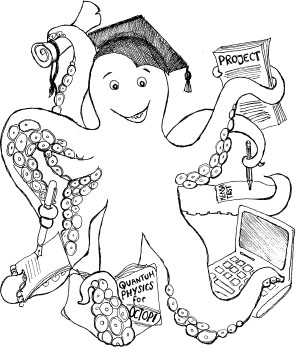
After
Sorted!
Introduction
The intention of this slim volume is to provide a text that offers students and researchers alike an overview of information skills and best practice in finding resources. Whilst a plethora of texts exist on specific study skills, the research process and particular research techniques, there is no single, short text dedicated to finding resources, and offering sound advice on how to do so. Until now that is. This volume has the advantage of being able to offer a more detailed text on a wide variety of sources, including the ever-expanding online resources available. Our target audience ranges from college students to postgraduates working within the social sciences, or the broader area, human sciences (that is, all subjects that focus on social phenomena; some schools of social sciences, for example, do not include health studies or social geography, subjects we are keen not to leave out).
Universities and colleges in the UK have at their disposal a massive range of academic quality resources the following chapters show you how to make the most of them. If you do not have access to such resources, we offer insights into how to access and make the best of those that are freely available.
Next page
